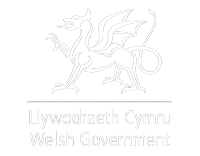- Andersons’ consultants are continuing to support their clients during the pandemic. If you require any advice, please contact your usual consultant, or the office on 01664 503200 or email [email protected]
- The Government has announced updates to some of the Covid business support schemes. For the self-employed, there will be a 2nd (and final) round of funding made available in August. The grant will be worth 70% of average monthly trading profits, paid out in a single instalment covering three months’ worth of profits, and capped at £6,570 in total. From the 1st July it will be possible to bring furloughed workers back on a part-time basis, with the Government’s contribution to the Coronavirus Job Retention Scheme being gradually tapered down.
- Seasonal agricultural workers coming to England will be able to start work immediately. Unlike other international travelers, those arriving to work on farms will not have to self-isolate for the first 14 days after they arrive as long as other rules are followed. The Government has produced strict guidelines; these can be found at https://www.gov.uk/guidance/coming-to-the-uk-for-seasonal-agricultural-work-on-english-farms
- Hopefully, all 2020 BPS claims will by now have been submitted. But if this is not the case it is still possible to make a claim and to make amendments to an already submitted application until midnight on 10th July, but this will attract a 1% penalty for every working day after 15th June. After the 10th July claims will not be accepted. It is also possible to make changes which do not increase the claim at any time, so long as notification of an inspection or non-compliance has not been received.
- Defra has re-opened the ELM Policy Discussion Document for responses. The discussion paper sets out Defra’s initial thinking for the design of the new ELM scheme (to replace BPS) and includes 17 questions. Due to Covid-19 the policy discussion was paused on 8th April. Those wishing to make a response, now have until 31st July. Originally, the intention was to hold a number of regional workshops, these will now be in the form of interactive webinars, held throughout July. For further information, go to https://consult.defra.gov.uk/elm/elmpolicyconsultation/
- Tractor registrations, often the bellwether for UK agriculture, have shown a sharp decline in April and May according to the Agricultural Engineers Association. Compared to the previous year, registrations for these two months fell by 50.6% & 41.9%. However, April 2019 was a particularly high point for registrations as there was an increase in purchases before the original Brexit date. Registrations for the year are down by 26.5%.
- The Farming Recovery Fund has re-opened for those who were affected by Storm Dennis in February 2020. Funding of £500 – £25,000 is available to cover non-insurable items and activities such as re-cultivation, re-seeding, reinstating field boundaries and removing debris from farmland. Eligibility for the scheme has been pre-determined using satellite data showing the extent of the flooding in February. It covers land in Herefordshire, Gloucestershire, Worcestershire, Shropshire, Staffordshire, Nottinghamshire, North and East Yorkshire. Applications must be made by 1st September. Further guidance can be found at; https://www.gov.uk/guidance/farming-recovery-fund-extension-2020
- The sugar beet market bonus has been triggered for the first time. Concerns over poor yields for the forthcoming crop in the UK and the EU have pushed the average EU and UK white sugar price in April up to €379/t leading to a 0.7p/t monthly bonus on the 2019/20 one-year contract (triggered at €375/t). This is the highest average monthly value reported by the EU Commission since December 2017.
- Dairy farmers in England and Wales can apply for Coronavirus hardship funding. There will be a one-off payment of up to £10,000 to cover 70% of income losses during April and May. Farmers have to show a reduction of 25% or more in their average milk price and are required to provide their Milk Statements covering February, April and May 2020. Claims need to be made by 14th August. In England payments will be made from 6th July and Wales within 10 days of applying. For further information, please check the following links;
- This month’s Spot Light gives a Brexit update and looks at the other Trade deals which are currently being negotiated. Click here for more information.
If you would like more detail on the topics covered above, why not subscribe to Andersons’ AgriBrief Bulletin? Over the course of each month, we give a concise and unbiased commentary on the key issues affecting business performance in the UK agri-food industry, and its implications for farming and food businesses. Please click on the link below for a 90-day free trial:



